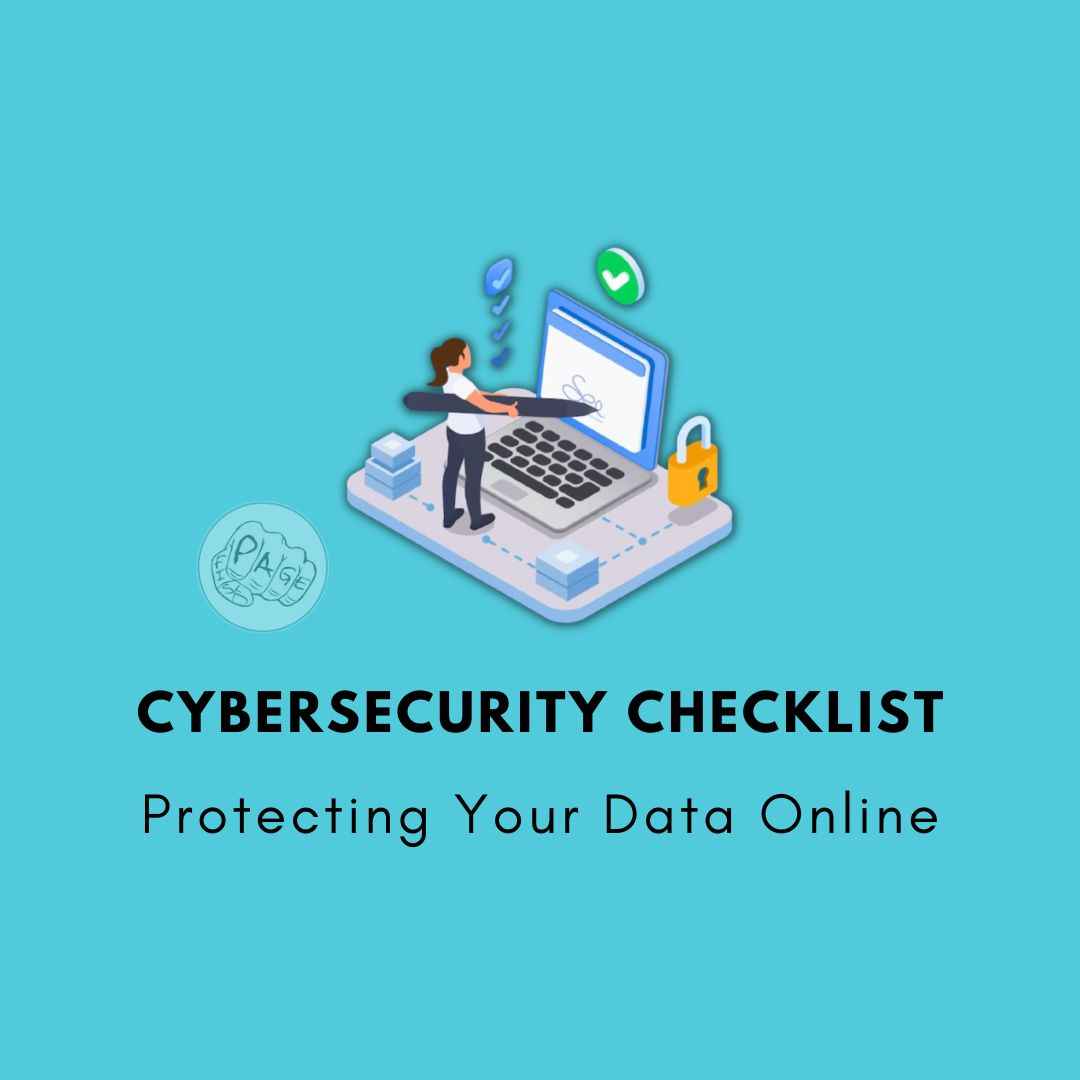Backup and Recovery: A Guide for Professionals
Backup and recovery are essential processes for any organization that relies on data and information systems. Backup refers to the creation and storage of copies of data or files in case of loss, corruption, or damage. Recovery refers to the restoration of data or files from backup sources in case of a disaster or failure. Backup and recovery can help protect an organization from data loss, downtime, legal issues, and reputation damage.
Backup and recovery are two essential aspects of data protection and business continuity. In this blog post, we will explain what backup and recovery are, why they are important, and how to implement them effectively.
What is backup?
Backup is the process of creating copies of data and storing them in a separate location from the original source. Backup can be done manually or automatically, using software tools or hardware devices. The purpose of backup is to prevent data loss in case of accidental deletion, corruption, theft, natural disaster, or any other event that could compromise the original data.
What is recovery?
Recovery is the process of restoring data from backup copies when the original data is unavailable or damaged. Recovery can be done by using the same software or hardware that was used for backup, or by using different tools that are compatible with the backup format. The purpose of recovery is to resume normal operations as quickly as possible after a data loss incident.
Why are backup and recovery important?
Backup and recovery are important for several reasons:
- They ensure data availability and integrity, which are crucial for any business that relies on data for its daily operations, decision-making, and customer service.
- They protect against legal and regulatory risks, such as compliance with data protection laws, industry standards, and contractual obligations.
- They reduce operational costs and downtime, by minimizing the impact of data loss on productivity, revenue, and reputation.
- They enhance security and privacy, by preventing unauthorized access, modification, or disclosure of sensitive data.
How to implement backup and recovery effectively?
To implement backup and recovery effectively, you need to follow some best practices:
- Define your backup and recovery objectives, such as what data to backup, how often to backup, where to store the backup copies, how long to retain them, and how fast to recover them.
- Choose your backup and recovery methods, such as full backup, incremental backup, differential backup, online backup, offline backup, cloud backup, tape backup, disk backup, etc.
- Test your backup and recovery processes regularly, to ensure that they work as expected and that you can recover your data in a timely manner.
- Monitor your backup and recovery performance, to identify any issues or gaps that need to be addressed or improved.
- Review your backup and recovery policies periodically, to keep them updated with your changing business needs and requirements.
Conclusion
Backup and recovery are vital for any business that values its data. By following the guidelines above, you can ensure that your data is safe and accessible at all times. If you need any help with your backup and recovery strategy, feel free to contact us. We are experts in data protection and business continuity solutions.
Share This Post
Related Articles
Unlock Your Hacking Potential: The Ultimate List of Best Books for Ethical Hackers!
Explore the ultimate guide to unlocking your hacking potential with the best books for ethical hackers! From basics to advanced techniques, these books have got you covered.
Navigating the Murky Waters of Phishing Attacks in Cyber Security: Stay Sharp and Secure!
Protect your digital life! Learn about phishing attacks in cyber security – what they are, how to spot them, and how to stay safe. Dive into this comprehensive guide now!
SQL Injection for Beginners: Understanding the Basics
Learn the fundamentals of SQL injection and how to protect your web applications from this common cybersecurity threat.
Common Cybersecurity Issues That Organizations Face
In today's interconnected digital landscape, cybersecurity has become paramount for businesses of all sizes. As technology advances, so do the tactics of cybercriminals. Organizations must be vigilant and proactive in safeguarding their sensitive information and digital assets. In this article, we'll delve into the common cybersecurity issues that organizations face, exploring their implications and suggesting strategies to mitigate these threats.
Cybersecurity Checklist: Protecting Your Data Online
Discover the ultimate Cybersecurity Checklist for safeguarding your valuable data online! Learn expert tips, tricks, and strategies to keep your information secure in the digital age.
Related FAQ
No related FAQ.
Say Hello
To Your Dream





